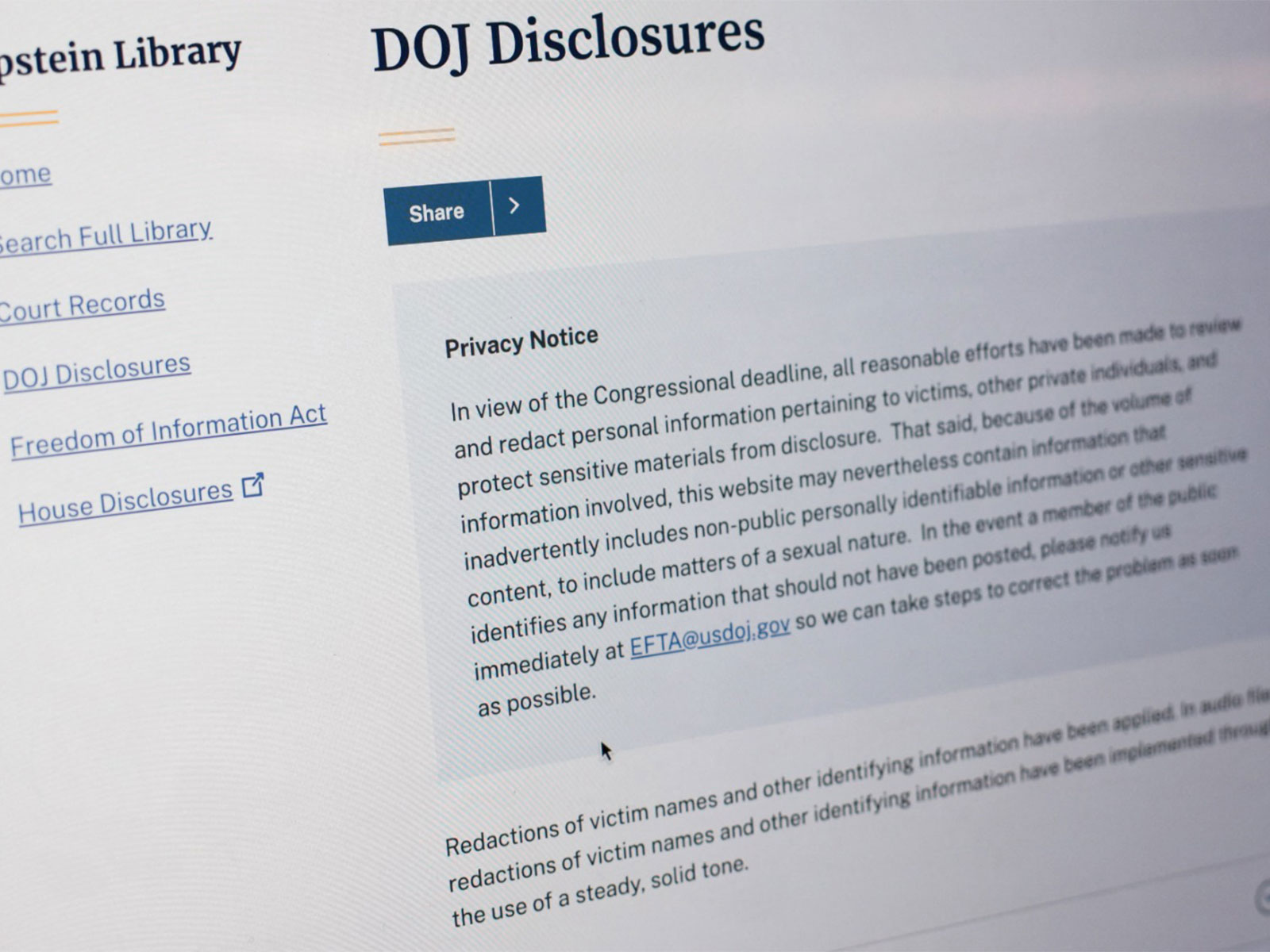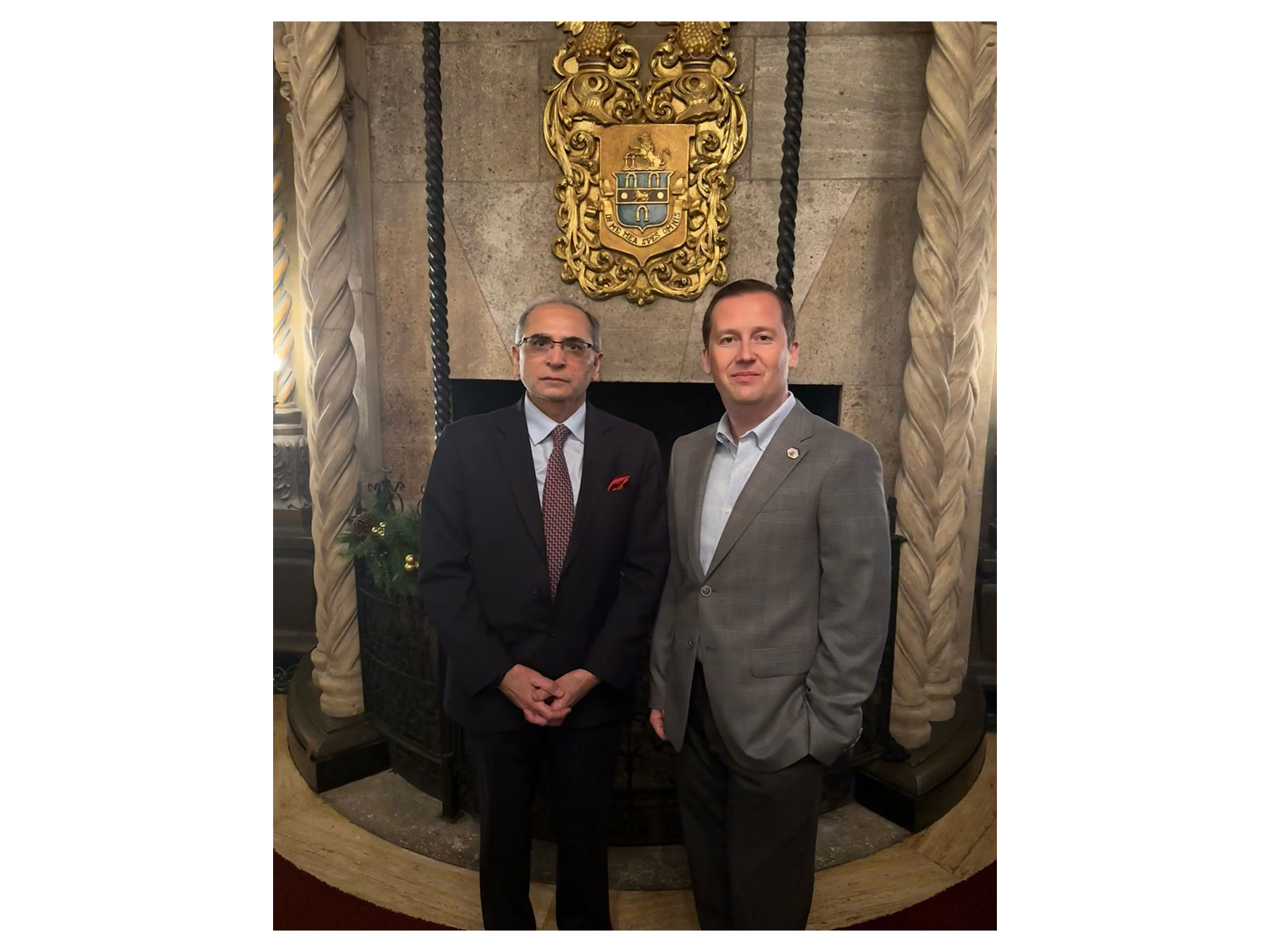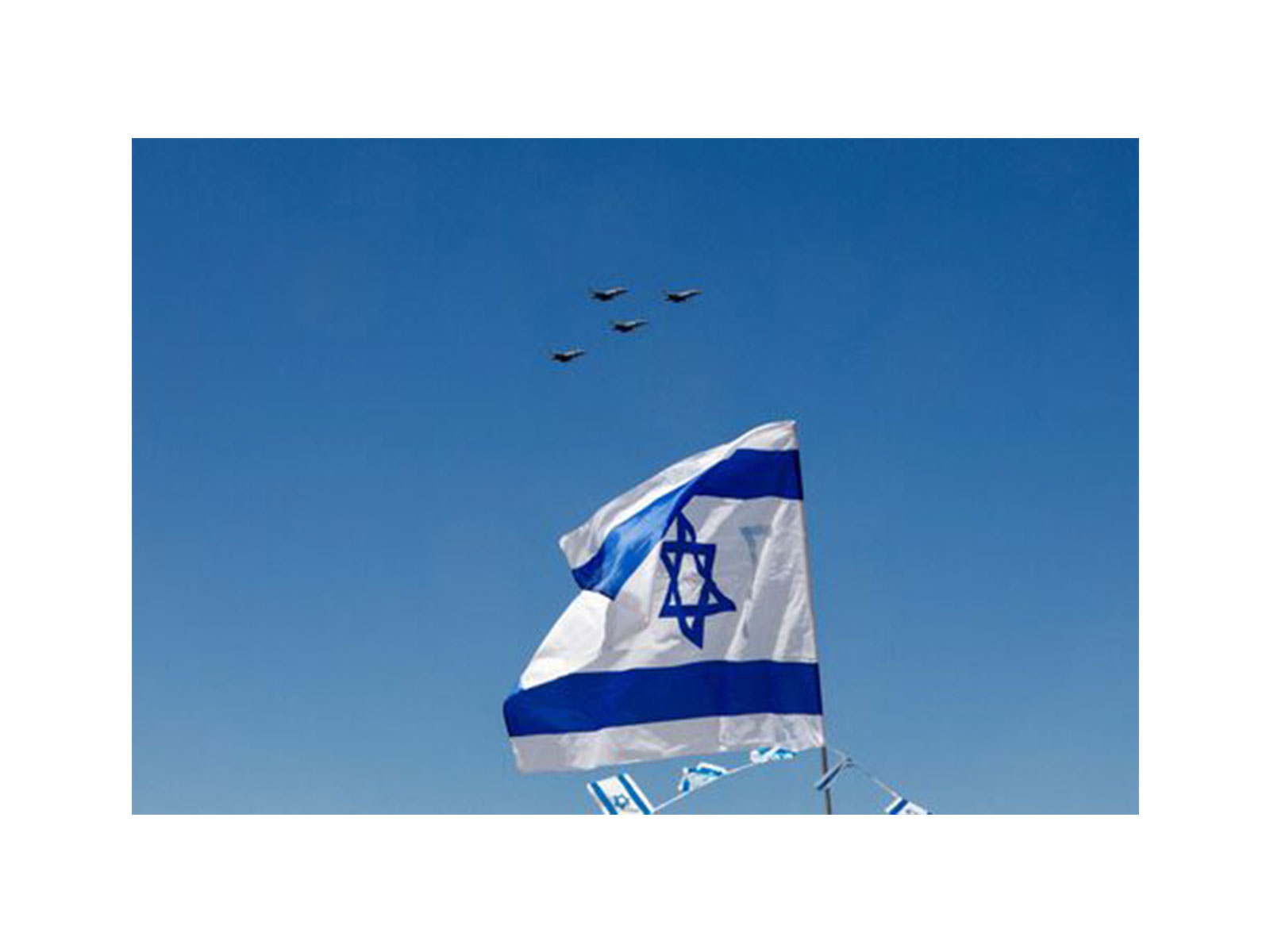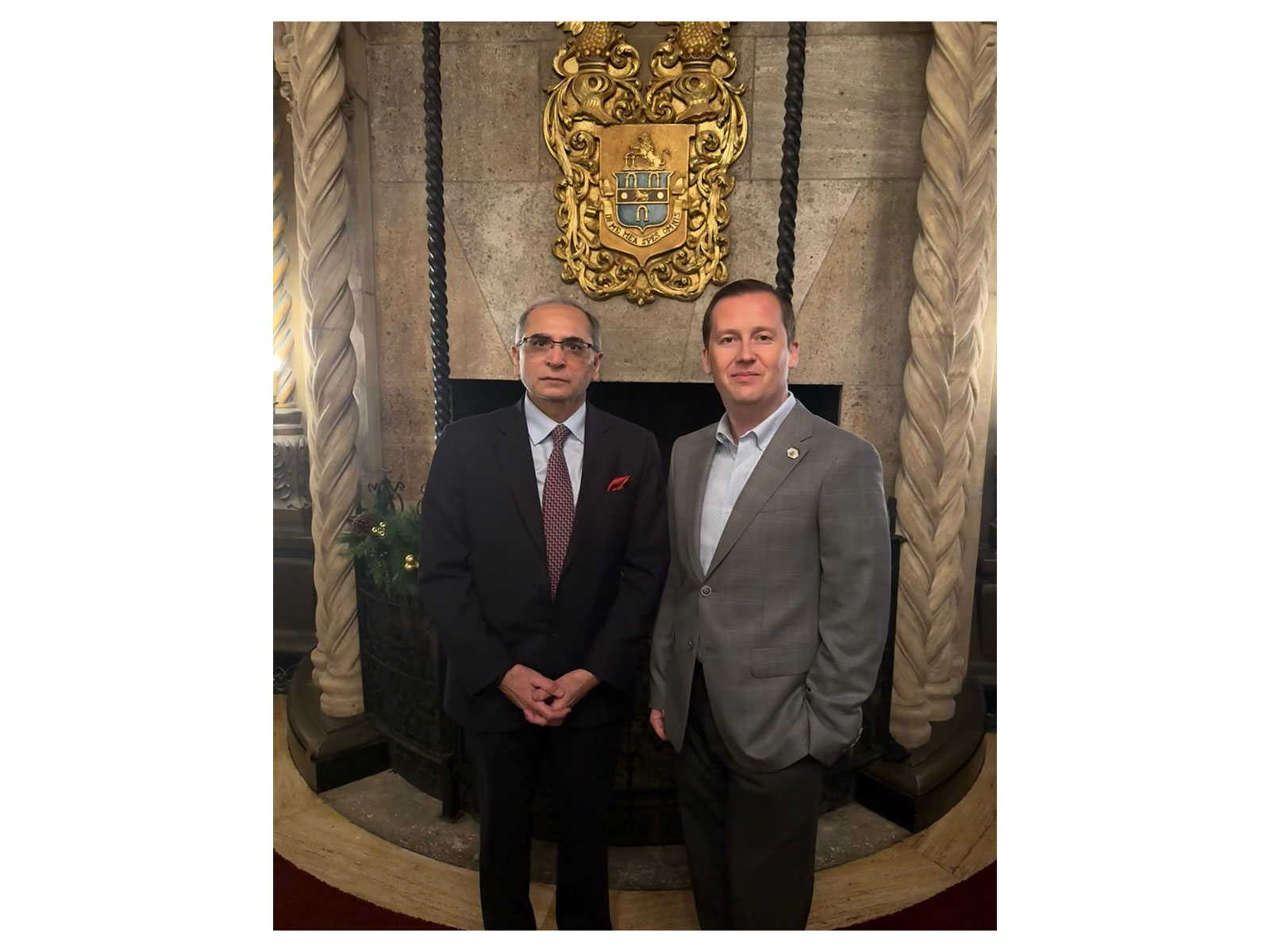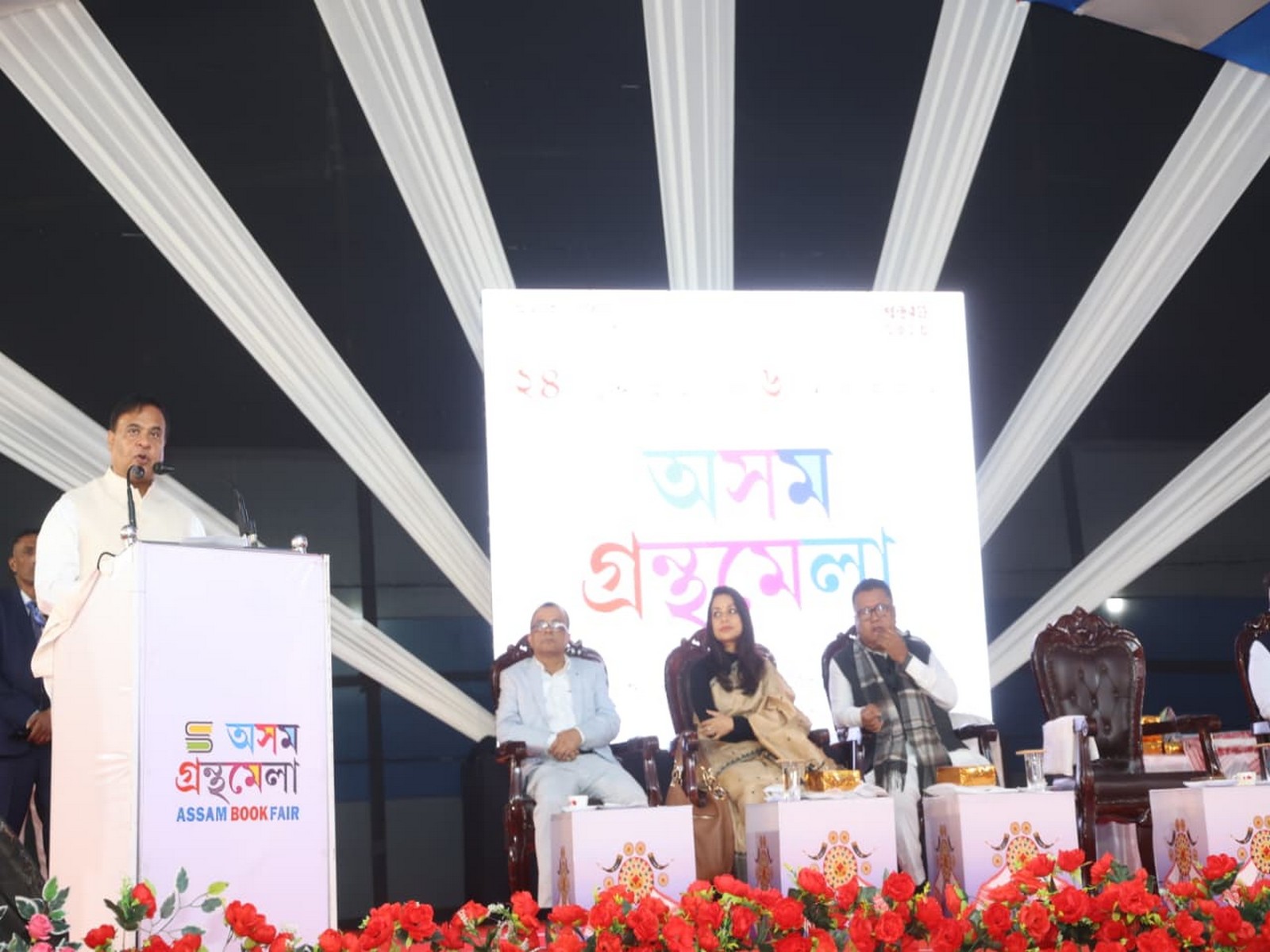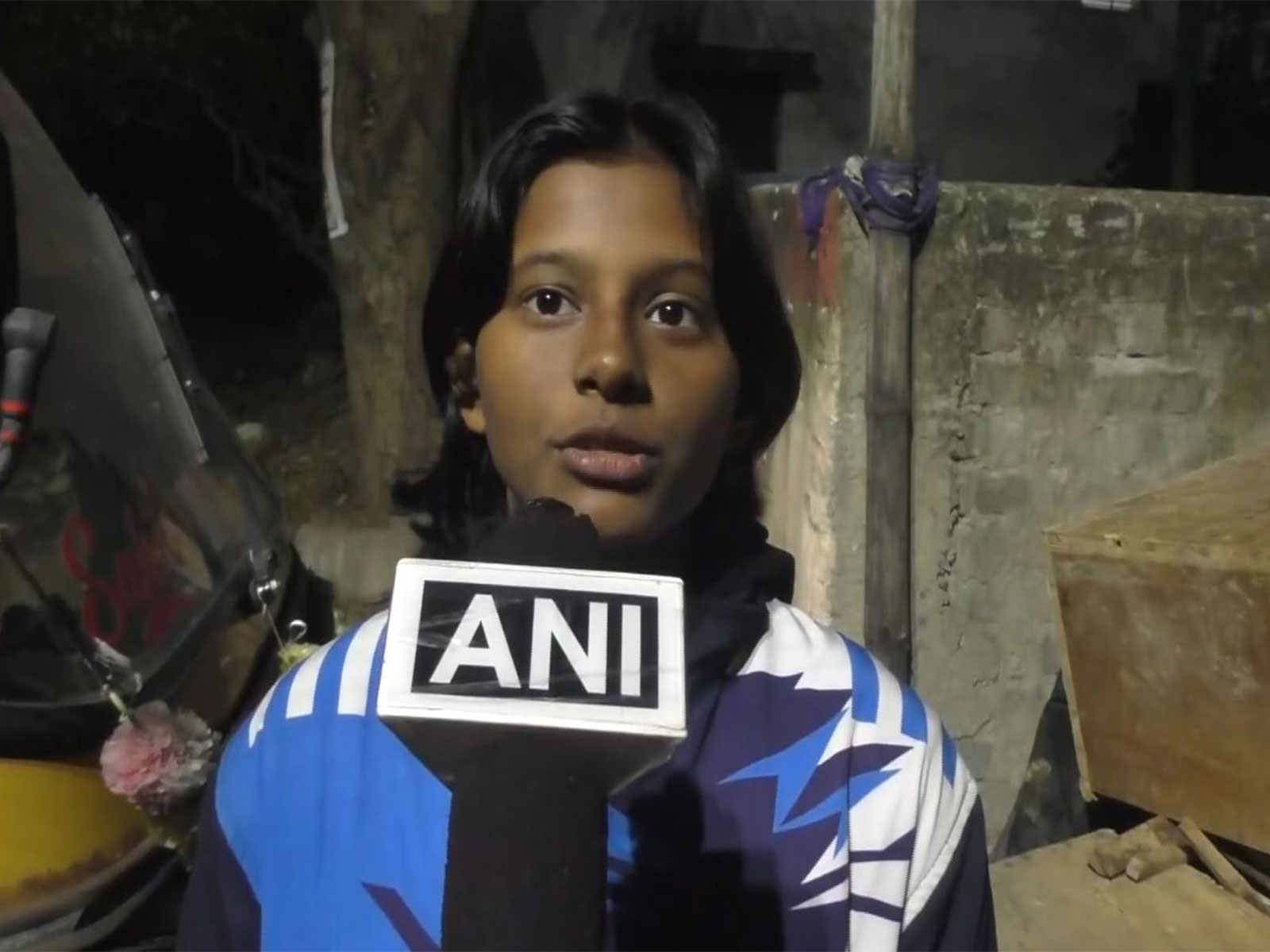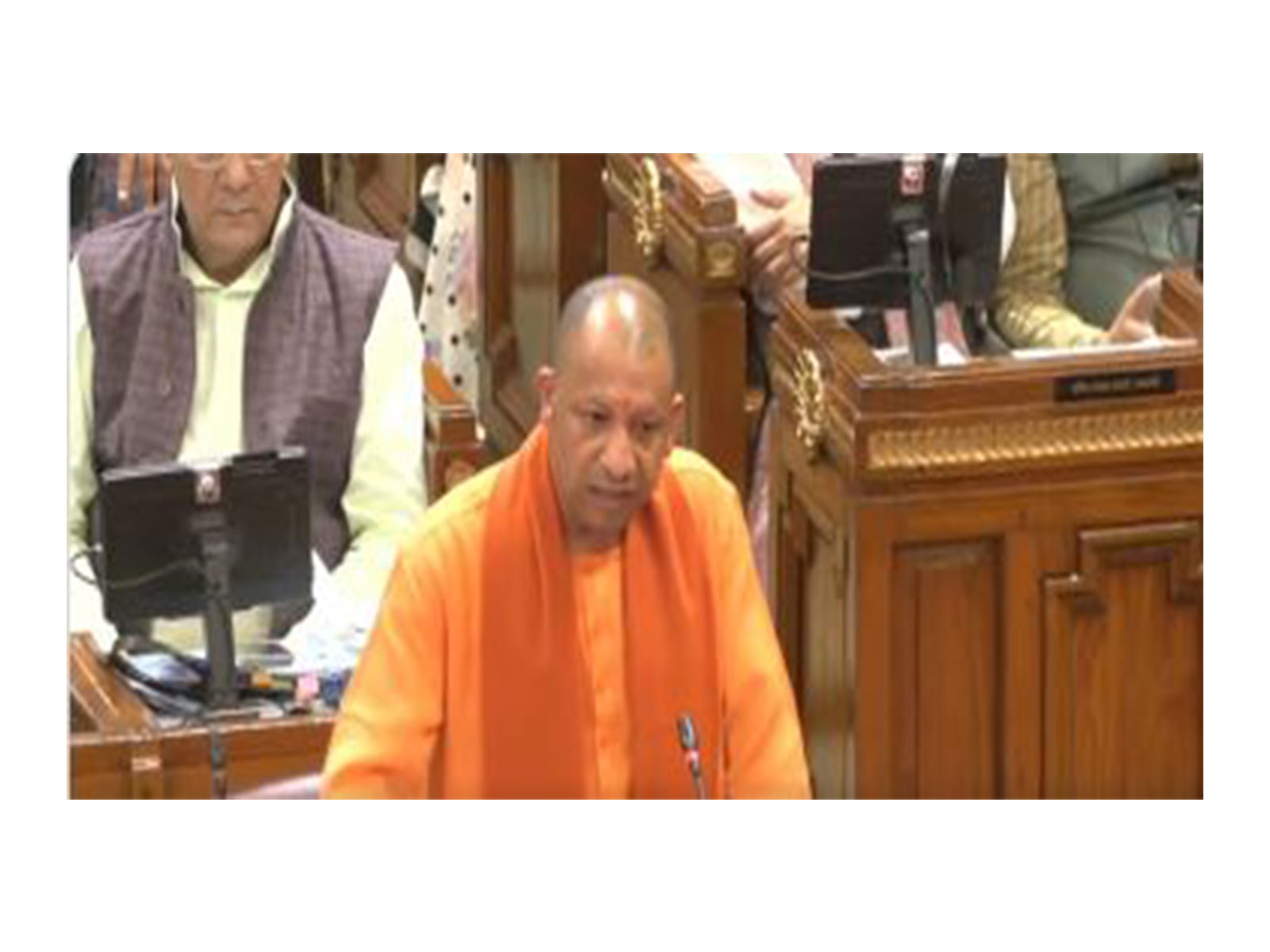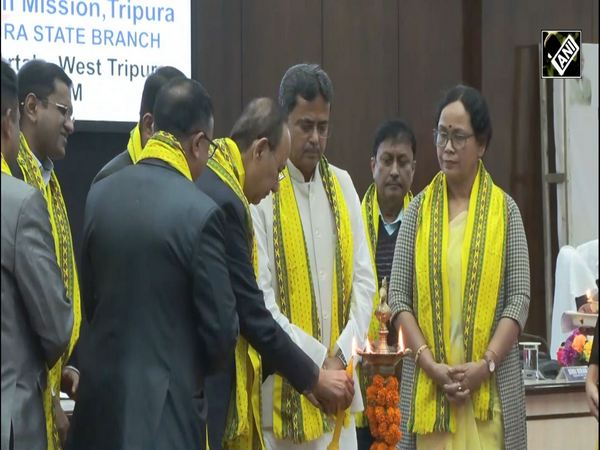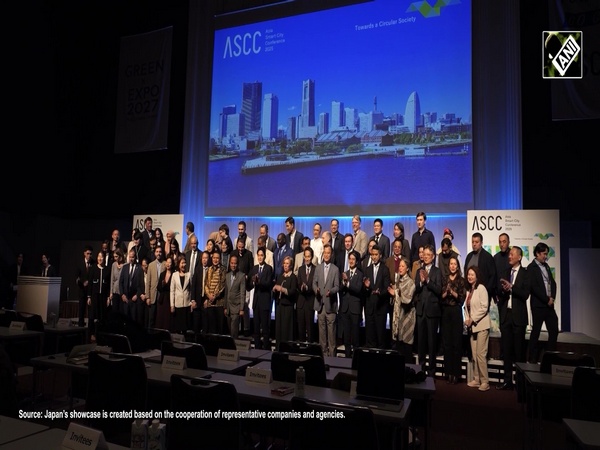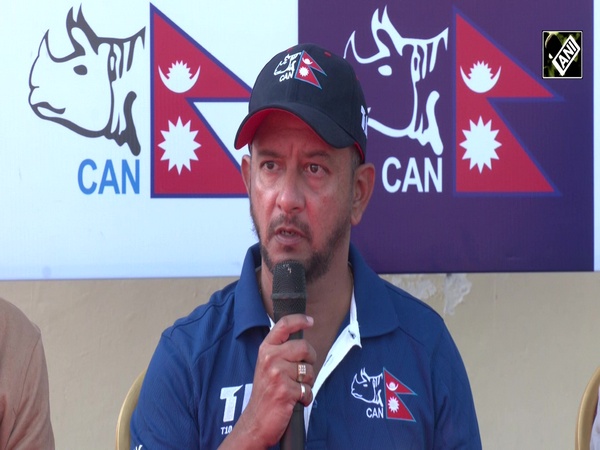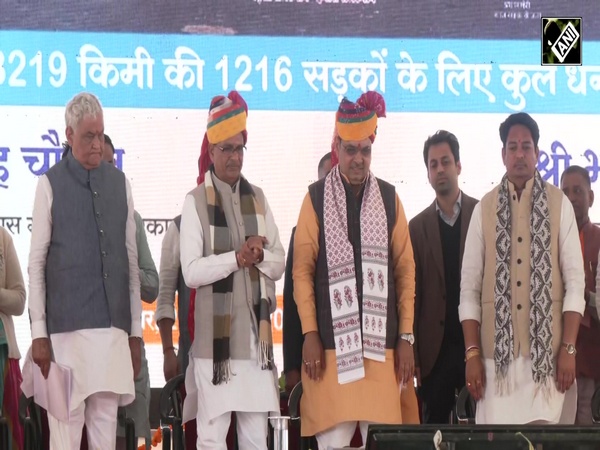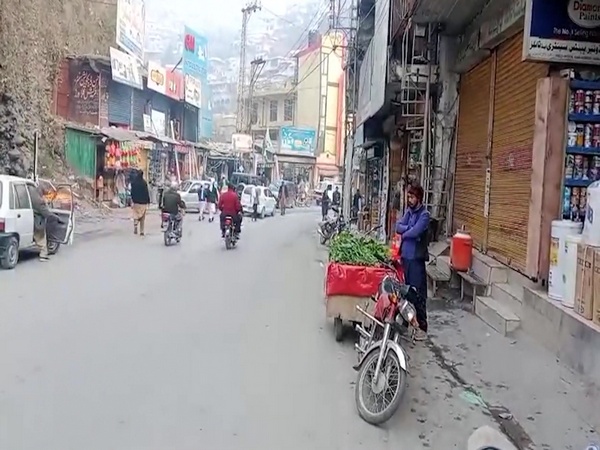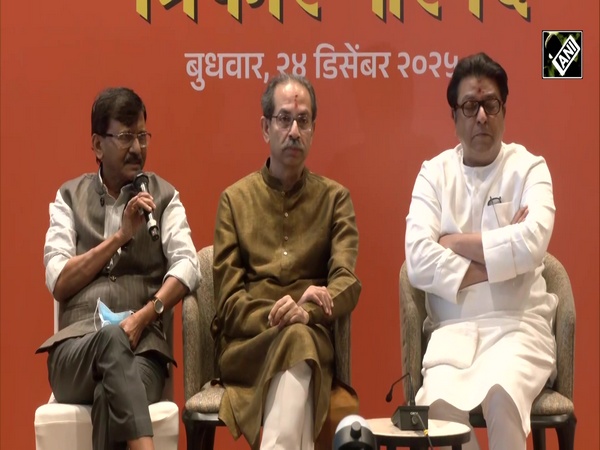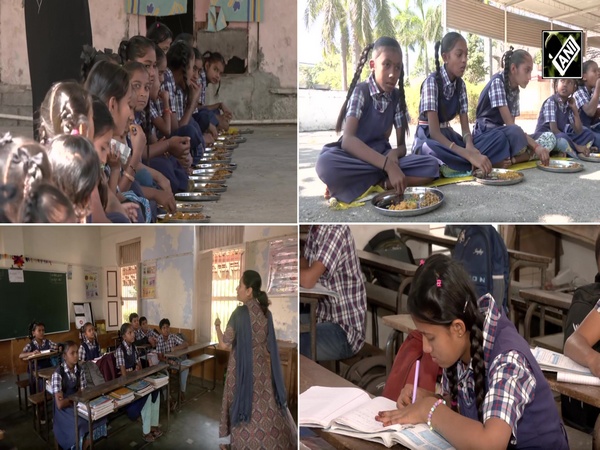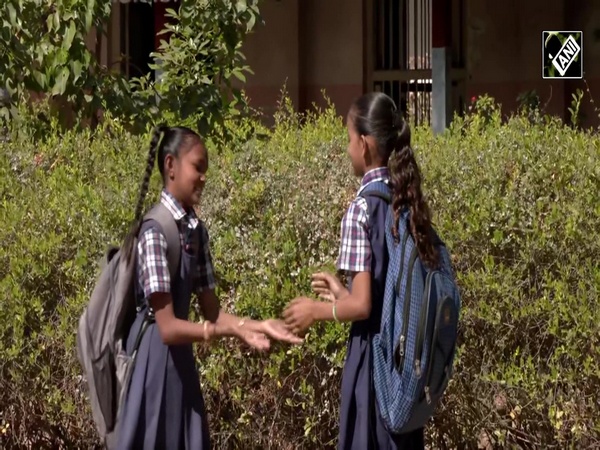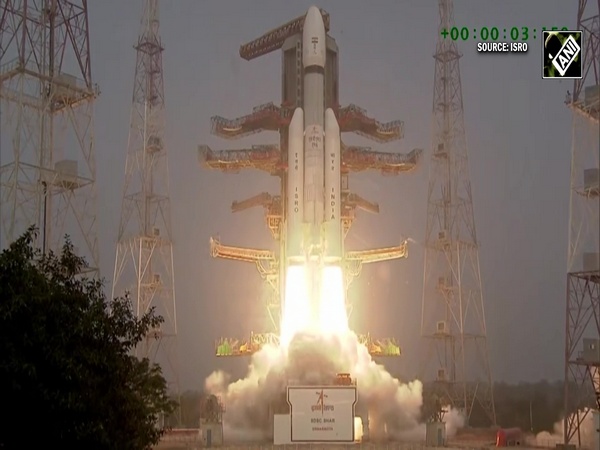World Bank report lauds handling of COVID-19 by Indian government
Aug 30, 2022

New Delhi [India], August 30 : The Covid-19 pandemic brought with a spate of challenges like shortage of medical supplies, equipment, however, a concerted effort by various departments along with the involvement of the private sector defined the Indian response, according to a World Bank discussion paper.
In the discussion paper titled - India COVID-19 procurement: challenges, innovations, and lessons - the authors have recognised and appreciated the handling of the COVID-19 pandemic by the Government of India.
The report takes a close look at the initiatives taken by the Government of India (GoI) to ensure a sustained supply of essential medical commodities during the critical initial phase of the covid pandemic, including efforts to develop the local market.
Severe global supply chain constraints of essential COVID commodities and unprecedented demand for lifesaving equipment led to an entire supplier-driven market and to the huge variation in prices.
According to the report, the Government of India took over the responsibility for centralized procurement to support the states and showcased extreme flexibility under existing legal frameworks and budgets allowing fast-track procurement.
The discussion paper underlines COVID-19 created unprecedented shortages of essential medical supplies and equipment due to the sudden surge in demand. A complex supply chain environment--given the geographic concentration of manufacturing plants as well as travel restrictions--compounded this further.
Countries tried wide-ranging approaches, including flexibility in procurement and development of domestic manufacturing to overcome these challenges. Such approaches, however, created new challenges on account of reduced oversight, affecting the quality and long-term sustainability of the augmented domestic manufacturing capacity.
According to World Bank, the Central Procurement Division (CPD) and Emergency Medical Response (EMR) division of the Ministry of Health and Family Welfare (MOHFW) and the Indian Council of Medical Research (ICMR) led India's initial efforts to sustain supply chains supported by Hindustan Latex Lifecare Limited (HLL) acting as a procurement agent. While the CPD primarily focused on the supply of personal protective equipment (PPE), goggles, and N95 masks to safeguard health staff, the ICMR rapidly ramped up testing infrastructure in partnership with the private sector and established a validation mechanism to scale up the availability of COVID testing supplies.
As per the discussion paper, "This led to the development of specific standards, sourcing appropriate raw material, ensuring availability of workforce, and maintaining efficient supply chains to deliver finished products in a timely manner to state governments, according to the assessed need. A whole-of-government approach engaging all key ministries and state governments was followed while ensuring a clear separation of roles and responsibilities of different committees involved in procurement. Handholding the industry; accelerated tendering; and pre-dispatch inspections by competent agencies, including testing of random samples, helped to ensure the quality of products."
In addition to enhanced access to these critical inputs to frontline health staff, this initiative also helped to steeply bring down the prices of these essential COVID supplies.
For example, the price of N95 masks came down from Rs 250 to Rs 20 and PPE from Rs 700 to Rs 150.
Similarly, the price of Reverse Transcription Polymerase Chain Reaction (RT-PCR) test kits used as a gold standard to confirm COVID infection fell from Rs1,207 to Rs 72, and the price of the Ribonucleic Acid (RNA) extraction kit fell from Rs 336 to Rs 37, while that of viral transport media dropped from Rs 182 to Rs 24 within six months.
Once the market had adequate suppliers meeting established standards, both the CPD and ICMR ensured that their products were listed at the Government e-Marketplace (GeM), which enabled states to place orders directly.
The report highlighted that a unique feature in India was the active role of the private sector in testing, contributing to nearly 50 per cent of laboratories as well as venture capital raising additional resources to support domestic manufacturing of COVID commodities and develop IT-supported innovations for teleconsultation and intensive care unit (ICU) management. However, the long-term implications of market development in the globalized supply chains need carefully calibrated export controls to balance domestic needs with global market opportunities for local manufacturers.
"The COVID-19 Emergency Response and Health Systems Strengthening Project--jointly financed by the World Bank and Asian Infrastructure Investment Bank (AIIB)--supported these initiatives through hands-on procurement support and capacity-building.
Flexibility in emergency procurement using country procedures during the peak ensured the timely availability of COVID commodities. Bank Facilitated Procurement (BFP) also supported timely supply of lifesaving oxygen concentrators during the second wave," the report added.
